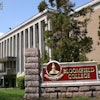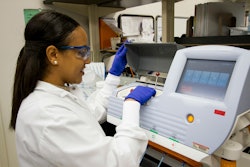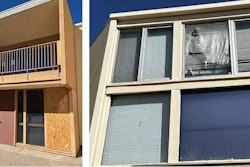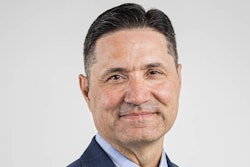Charlie Nelms, former chancellor of North Carolina Central University, wants to send higher education faculty members back to school. Speaking at a panel during the Democratic National Convention in Charlotte, Nelms stressed the need for college and university professors to “teach people, not content.”
Nelms believes that faculty members who went through postsecondary education years or even decades ago are not equipped to teach today’s students. He and his fellow panelists also mentioned the need to retool work study programs so they become more relevant to students. Other suggestions included improving the use of technology in higher education and pushing remediation into high school — all to help more Americans get a degree.
The ideas were vetted during The College Advantage, a panel focusing on ways to improve higher education attainment for students, which happens to be President Barack Obama’s signature American Graduation Initiative.
Obama has called for 60 percent of Americans aged 25-34 to have a postsecondary degree of some kind by 2025. The Lumina Foundation, which hosted the panel, shares those goals, which so far appear to be falling short. (Disclosure: The Lumina Foundation is among The Hechinger Report’s many funders.)
For decades, those with only a high school diploma had ample opportunity to be a part of the middle class, explained Dr. Anthony Carnevale, director of the Georgetown University Center on Education and the Workforce. That opportunity started decreasing in the ‘80s, he said, and accelerated during the recent recession.
By far the most jobs lost in recent years were those requiring only a high school degree and no education requirements, according to recent research by Carnevale’s group. And unlike jobs requiring some college or a bachelor’s degree — which Carnevale said are growing again — jobs for those with only a high school degree continue to fall.
“They’re gone and not coming back,” Carnevale said. “To the extent that we keep looking for those jobs, we’re looking in the rearview mirror.”




















